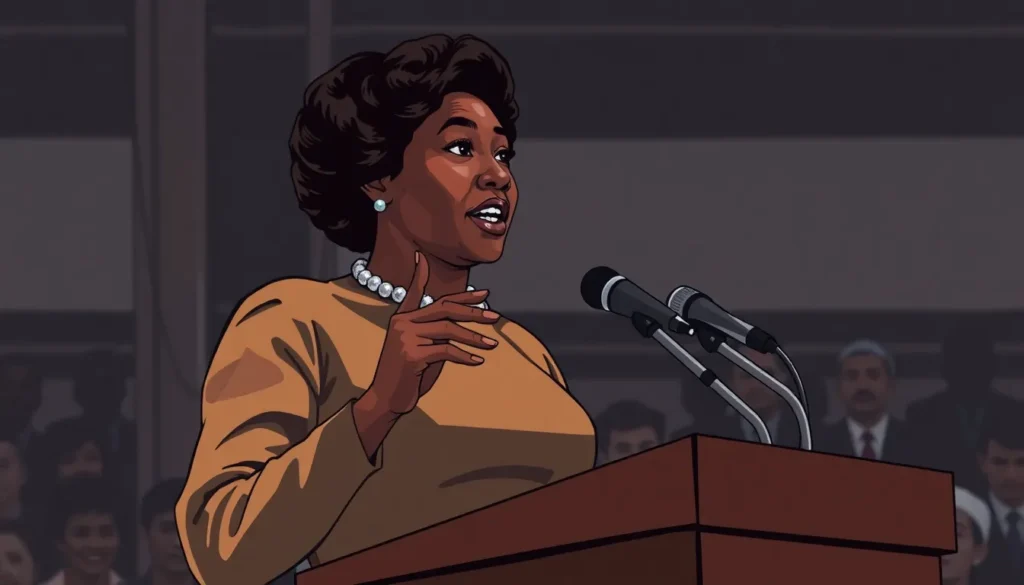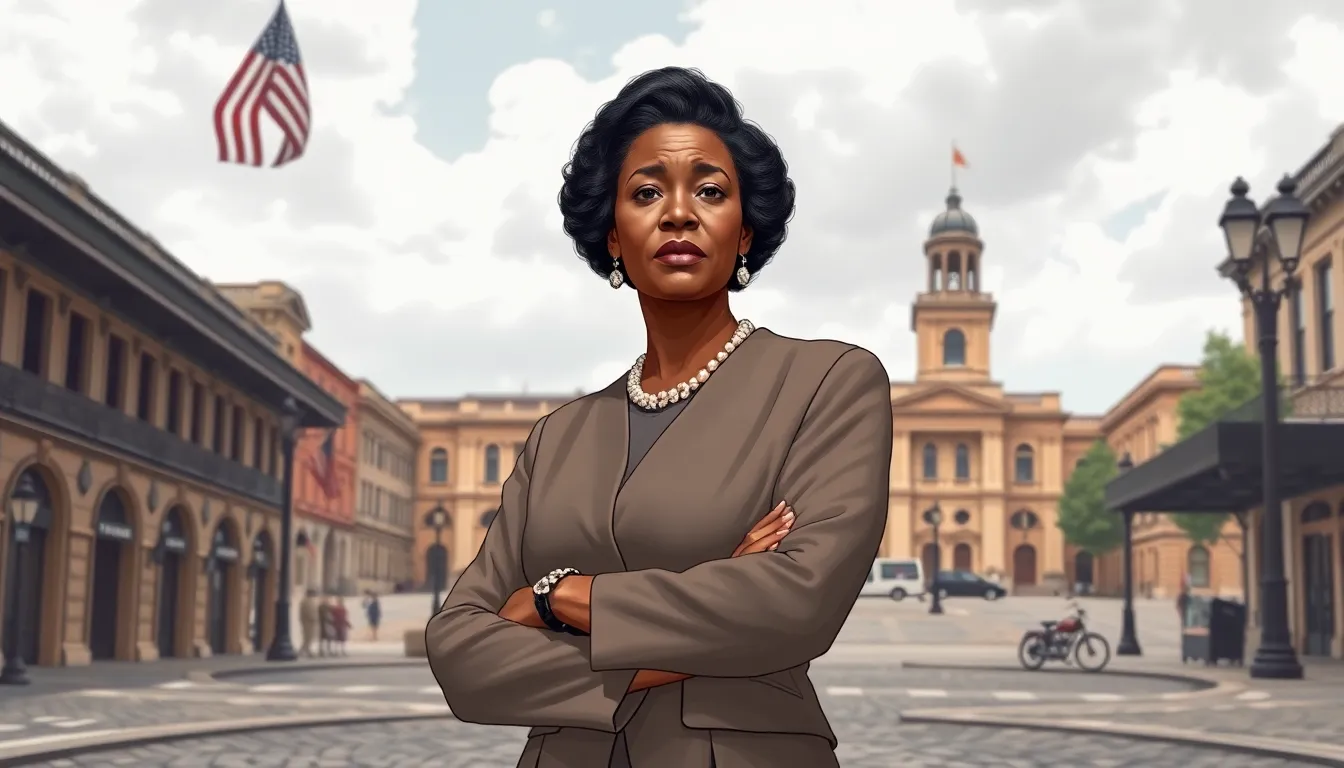
Rosa Parks didn’t just refuse to give up her seat; she sparked a revolution with her words. Her speeches, imbued with passion and purpose, became the rallying cries for a generation seeking justice. Imagine standing at the crossroads of history, armed with nothing but a microphone and an unshakeable belief in equality. That’s exactly what Parks did, turning the mundane act of sitting into a powerful symbol of resistance. In a world filled with noise, her voice stood out like a bright red stop sign. With humor and heart, she challenged the status quo, reminding everyone that change doesn’t come from silence. Dive into the essence of her speeches and discover how her words continue to inspire movements today. Get ready to be moved, motivated, and maybe even chuckle a little as we explore the impact of Rosa Parks’ powerful messages.
Rosa Parks Speech
Rosa Parks’ speech echoed the struggles faced during a tumultuous period. The 1950s witnessed escalating tensions surrounding racial segregation, and her words became instrumental in galvanizing support.The Civil Rights Movement
The Civil Rights Movement emerged as a response to systemic racism. Activists sought to dismantle segregation laws and promote equality. Figures like Rosa Parks became symbols of defiance against injustice. Her courageous act on December 1, 1955, sparked the Montgomery Bus Boycott, a pivotal event. Speeches during this time emphasized the need for collective action. These addresses mobilized communities and inspired many to join the fight for civil rights.The Role of Activism
Activism served as a crucial catalyst for change. Movements engaged individuals from diverse backgrounds, uniting them under a shared cause. Rosa Parks’ speeches articulated the injustices faced daily by African Americans. Her compelling narratives highlighted the struggle for dignity and respect. Leaders used public platforms to address legislative inequities. Thought-provoking speeches encouraged individuals to participate in protests and demonstrations, creating a sense of urgency around civil rights issues.Key Themes in Rosa Parks Speech




